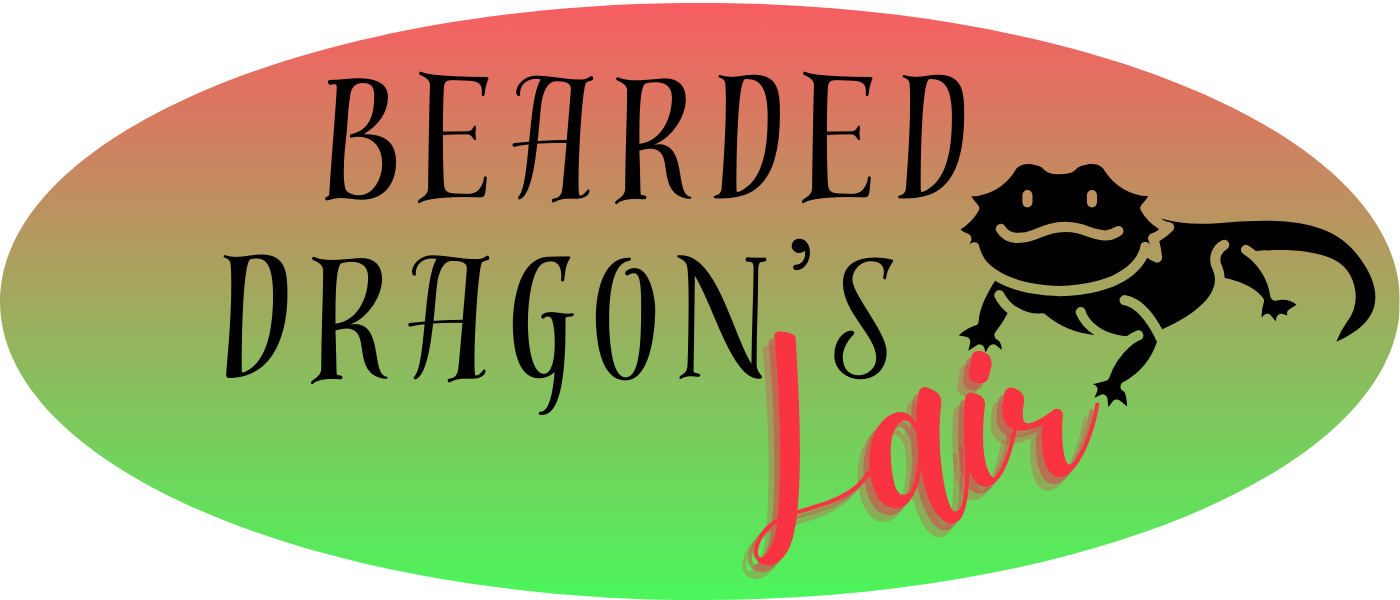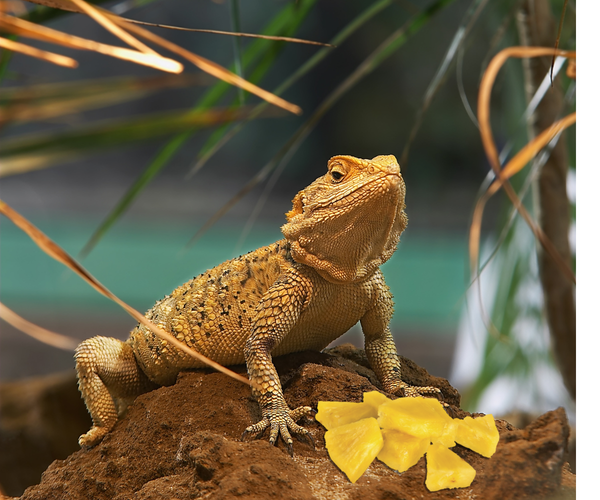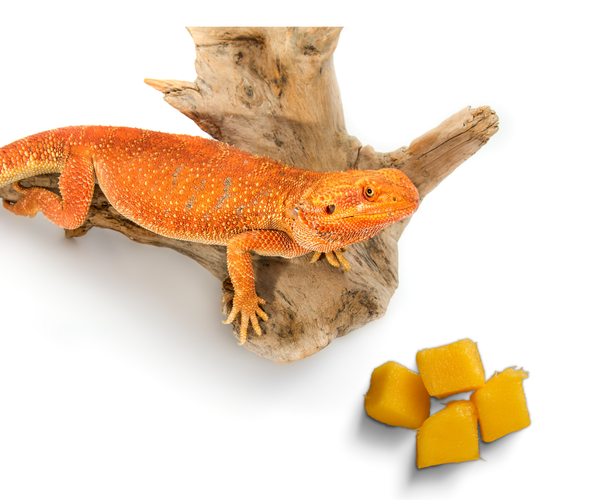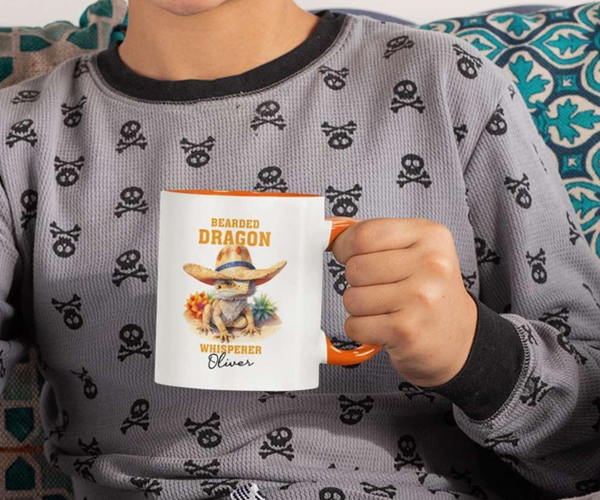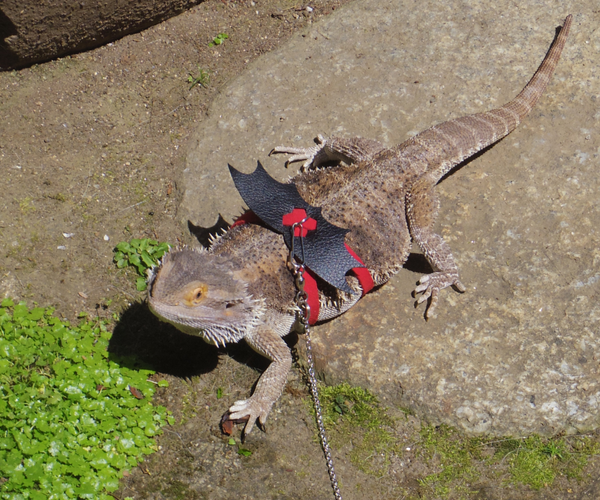Can Bearded Dragons Eat Avocado?
Instead of avocado, there are plenty of safe and nutritious fruits that can be included in your bearded dragon's diet.
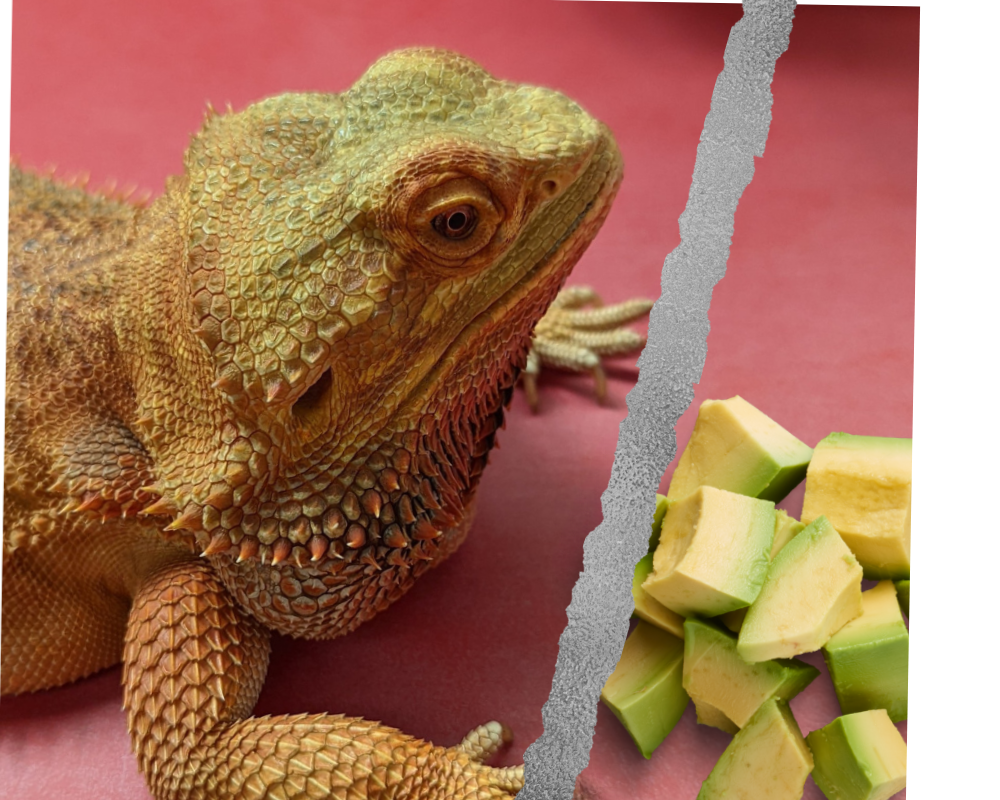
As a bearded dragon owner, understanding the dietary needs of your scaly friend is crucial for its health and longevity. It is important to know that certain foods are not good for Beardies, and some, like avocado, can be very dangerous.
Key Takeaways:
- Avocado contains substances that are toxic to bearded dragons.
- There are many alternative fruits and vegetables that are safe and nutritious for bearded dragons.
- Always consult with a veterinarian before introducing new foods into your bearded dragon's diet.
Understanding Bearded Dragon Nutrition
The nutritional needs of bearded dragons change as they grow, with juveniles needing more protein and adults requiring a greater proportion of vegetables and fruits. However, not all fruits and vegetables are safe for bearded dragons to consume.
The Risks of Avocado for Bearded Dragons
Avocado is often touted for its health benefits in humans, but for bearded dragons, it's a different story. Avocado contains persin, a fungicidal toxin that can cause serious health issues in many animals, including bearded dragons. The ingestion of avocado can lead to symptoms such as lethargy, respiratory distress, and even heart failure in severe cases.
Safe Fruit Alternatives for Bearded Dragons
Instead of avocado, there are plenty of safe and nutritious fruits that can be included in your bearded dragon's diet. Fruits like apples, blueberries, and melons can be offered in moderation as a treat. These fruits provide essential vitamins and hydration, but should only make up a small portion of the diet.
Vegetables That Bearded Dragons Can Enjoy
Vegetables should form the bulk of an adult bearded dragon's plant-based diet. Leafy greens like collard greens, turnip greens, and dandelion greens are excellent choices. These vegetables are high in calcium and other important nutrients, which are vital for the health of your bearded dragon.
The Importance of a Varied Diet
A varied diet is key to providing your bearded dragon with all the necessary nutrients. In addition to safe fruits and vegetables, bearded dragons also need a good source of protein, typically from insects like crickets and mealworms. Variety helps prevent nutritional deficiencies and keeps your bearded dragon interested in its food.
Recognizing Toxic Foods for Bearded Dragons
It's not just avocado that's off the menu for bearded dragons. Other foods to avoid include rhubarb, onions, and garlic. These foods contain compounds that can be toxic to bearded dragons. Being aware of these dangers is essential for keeping your pet safe.
How to Introduce New Foods to Your Bearded Dragon
When introducing new foods to your bearded dragon's diet, it's important to do so gradually. Start with small amounts and observe your pet for any adverse reactions. This cautious approach helps ensure that your bearded dragon adjusts well to the new food and reduces the risk of digestive issues.
The Role of Supplements in a Bearded Dragon's Diet
Even with a varied diet, bearded dragons may require additional supplements to meet their nutritional needs. Calcium and vitamin D3 supplements are commonly recommended to prevent metabolic bone disease. Always follow the advice of a veterinarian when supplementing your bearded dragon's diet.
Monitoring Your Bearded Dragon's Health
Regular monitoring of your bearded dragon's health is crucial. Pay attention to its eating habits, behavior, and physical appearance. Any changes could indicate a dietary issue or health problem. If you suspect your bearded dragon has ingested avocado or any other toxic food, seek veterinary care immediately. A professional can provide guidance on diet and address any health concerns you may have about your pet.
Summary
Avocado is not a safe food for bearded dragons due to its persin content, which can be toxic and potentially fatal. It's important to focus on providing a varied diet that includes safe fruits and vegetables, along with appropriate protein sources and supplements. Regular health monitoring and consultation with a veterinarian can help ensure the well-being of your bearded dragon.
FAQ Section
Q: Can bearded dragons have any part of the avocado, including the flesh or pit? A: No, bearded dragons should not eat any part of the avocado, as all parts contain persin, which is toxic to them.
Q: How often can I feed fruits to my bearded dragon? A: Fruits should be fed sparingly to bearded dragons, making up no more than 10-20% of their overall diet. Offer fruits once or twice a week as a treat, but never feed avocado, rhubarb, garlic or onion.
Q: What should I do if my bearded dragon accidentally eats avocado? A: If your bearded dragon consumes avocado, contact your veterinarian immediately for advice. They may need to provide treatment to prevent any serious health issues.
